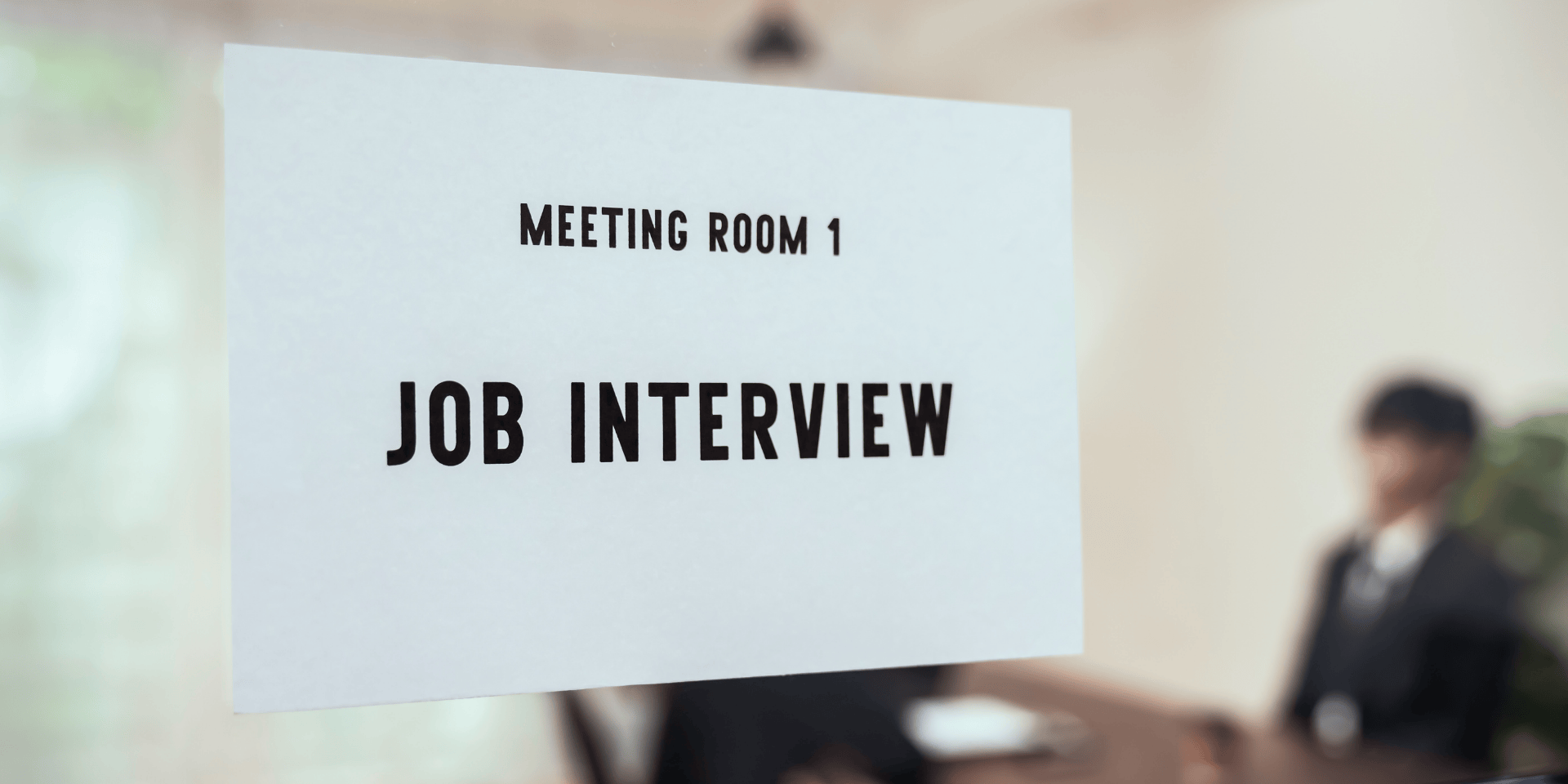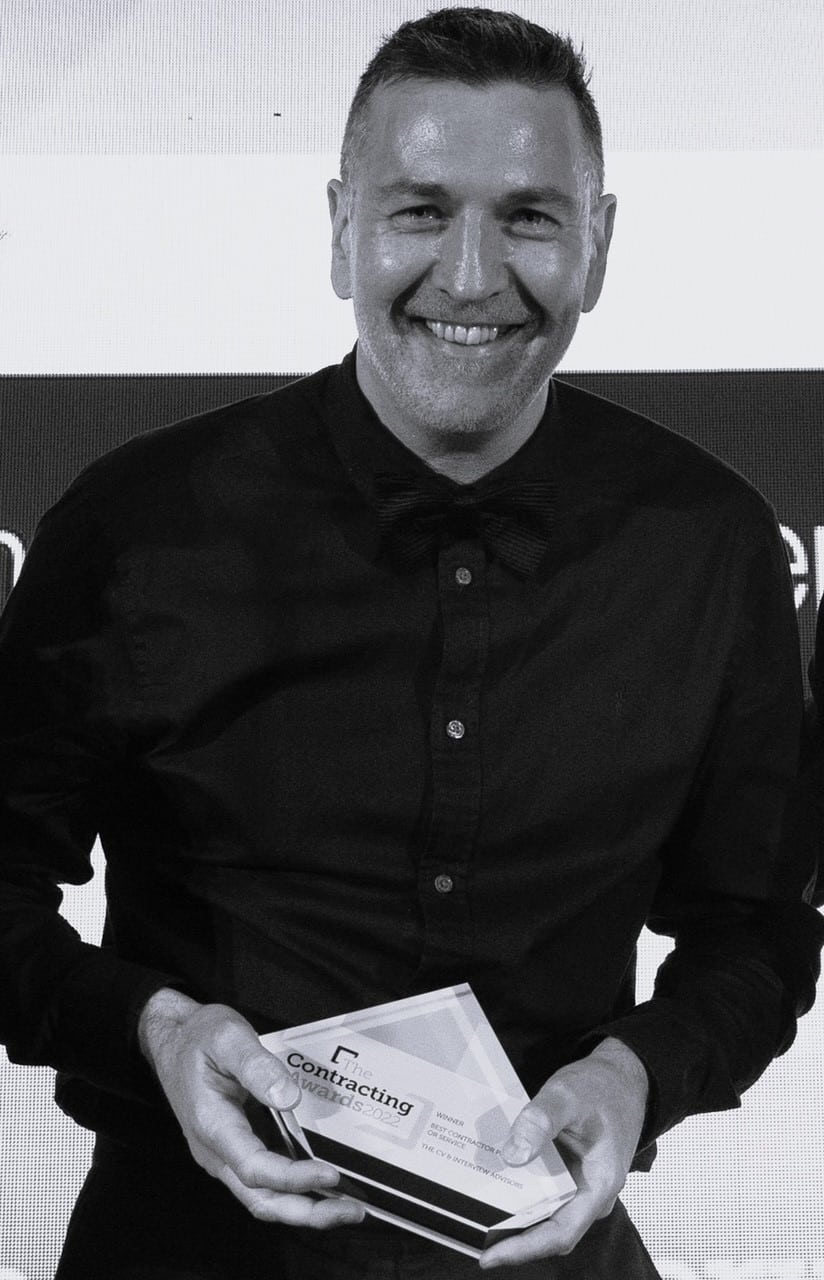They date back to 2024, but two social media posts about technology job interviews have stayed with me for still being relevant in 2025, particularly if you’re a woman in tech, writes Matt Craven, founder of The CV & Interview Advisors.
The first post centred on a tech job candidate being told — while seats in a face-to-face IT job interview were still being taken:
“Some interviews are 10 minutes, some an hour; depending on if I like you.”
According to the post, the remainder of the interview was largely spent with the interviewer laying out the employer’s expectations “very directly, to the point of orders”.
A judgemental tone reared its ugly head at the interview’s end too.
The post quoted the interviewer as apparently saying:
“It’s been 30 minutes — you’re lucky, I like you.”
I never found out if the tech job applicant on the receiving end of this brusque (at best) interview technique was offered the role.
Don’t worry. I will return to address this condemnable interview technique and offer women in tech guidance on how to deal with it at the end of this article.
But it’s the ending of the post which expressed a sentiment I do support:
“Remember [employers], interviews are a two-way street — you are showing the candidate why they should work with you.”
But according to the second social media post on tech job interviews that stayed with me — this time by a talent acquisition leader — some employers perhaps don’t see any way but theirs.
Or if an interview for an IT job is a two-way street, the leader’s post implies some employers still use outdated indicators.
Quoting what an interviewee apparently saw written on the interviewer’s question sheet, the leader posted:
“If the candidate asks too many questions about comp and benefits, they are probably not the right fit for us. We need someone who is motivated by our mission, not money.”
The leader who rightly outed this outrageous criterion on the interview’s question sheet, DEI advocate and speaker Rachel Kargas, managing director at Reten, reflected:
“Hiring managers, if you hear yourself saying this, ask yourself one question – ‘Is your company saving lives?’
“If your answer is ‘no,’ have a seat. Your company’s mission is not going to trump anyone’s need to make a living. Get real.”
And ‘reality’ is what I’d like to stick with.
In fact, below is what we’re seeing, day-to-day, when women in tech approach us for CV & LinkedIn advice and let us in on some of the gender bias they face at interviews.
“What’s your biggest achievement?”
Modesty is an admirable trait to have but it trips up many of us when the above age-old interview question is posed.
Actually, any question that requires you to ‘big yourself up’ is your cue to do exactly that – blow your trumpet.
“What’s your biggest strength?” is another.
But more so, “What’s your biggest achievement?” really troubles candidates who air on the side of modesty.
I get it.
It feels uncomfortable to hang your hat on business outcomes that you pulled off. And the temptation is to play things down and claim victory for the wider team— rather than lay claim to a positive outcome that you were personally, individually, responsible for.

How women in tech can answer ‘What ‘s your biggest achievement?’ in an interview
The trick to answering this question is to first adjust your frame of mind and realise the interview requires you to provide evidence of your abilities.
As a trait, ‘modesty’ will not be your friend here!
The second trick is to become more comfortable with saying “I” rather than “we.”
We often see overly modest women (and some men) avoid “I” and choose “we,” seemingly in a bid to give themselves a psychological safety net.
Facts will find your way through ‘What’s your biggest achievement?’ fastest
The third trick to successfully answer “What’s your biggest achievement?” is to stick to facts, instead of using superlatives and anecdotal evidence.
Using facts tends to soften the blow to one’s sensibilities.
And using the STAR (Situation, Task, Actions, and Result) formula can help focus the mind on these key facts.
It keeps your answer on the straight and narrow.
Tackling unconscious bias
Also at the interview, we see women in tech come up against unconscious bias.
Questions like the below might seem innocent enough:
“Where do you see yourself in five years?”
But sometimes, we’re concerned that there’s an underlying agenda here to explore the woman interviewee’s ambition or work-life balance requirements.
We sense that, unfortunately, women often get quizzed with a follow-up question about work-life balance that men simply don’t get asked.
It can be a subtle, sneaky and shady questioning of long-term commitment.
How women in tech can answer "Where do you see yourself in five years?" in an interview
The best way to tackle this question if you’re not a male member of the technology workforce is to address the elephant in the room.
Be very clear about your career plans (of course this is where having a proper career plan can be very helpful)!
And don’t be vague. If you are vague, the interviewer may default to their confirmation bias.
But by addressing it head-on and being extremely clear about where you want to be in five years — and referencing steps in between — you can deflect any concerns that may be consciously or unconsciously whirling around in the interviewer’s head.
The key is owning it
Tech sector women bring immense value to the industry, yet interviews can sometimes feel like an extra hurdle due to biases — whether implicit or overt.
The key to unlocking success at technology job interviews is to:
- own your achievements;
- state your worth with confidence;
- be very clear and deliberate when talking about your career trajectory, and;
- doing the above trio so well that you deflect any thoughts that might fall into the ‘unconscious bias’ category.
Practice makes perfect
When preparing for interviews, practice your responses out loud.
Get comfortable with self-promotion (especially using the word “I”).
And remember, you’re not just answering questions, you are demonstrating that you’d belong in that role; you can add significant value, and you can deliver exceptional ROI on the (hopefully) significant remuneration that is on offer.
But being comfortable and answering isn’t, paradoxically, always the answer.
In fact, I want to come back to:
“Some interviews are 10 minutes, some an hour; depending on if I like you.”
The speaker of this statement is simply abusing their power and taking an opportunity to be rude because they know they can get away with it.
It’s a clear case of bullying.
And if your prospective boss or employer utters this statement or a variant, then I would question whether this individual or their workplace is something you want anything to do with!
If you’re on the receiving end of this statement, or a similar one at the interview, you would be perfectly within your rights (as the interviewee) to terminate the interview.
Alternatively, if you can endure the ensuing minutes, perhaps take the moral high ground at the end of the face-to-face by asking the interviewer:
How is your interview style normally received by candidates?
Yes, it will likely put paid to your chances!
And yes, this interviewer’s style rankles with me!
Yet regardless of the interview’s outcome, I think as a female tech job candidate, I would consider writing a letter to the company’s HR Director/Chief People Officer to enquire if the statement — “Some interviews are 10 minutes, some an hour; depending if I like you” — is their organisation’s endorsed approach to interviews.
Your intervention might save other unsuspecting candidates from being subjected to this thinly veiled psychological bullying.
Recently, I was asked:
What’s your favourite interview question?
For me, this one’s easy!
It’s:
“When was the last time you were nice to somebody?”
This interview question has the ability to throw off the candidate – which is no bad thing as it tests your recall and ability to think quickly.
But I’m a big advocate of being nice and respectful.
The opposite is the interviewer who asked, “Some interviews are 10 minutes, some an hour; depending on if I like you.”
The speaker of this statement is harming the employer’s brand.
The organisation probably has an employer brand team (many large companies do), so they are likely to be horrified that one of their hiring managers is taking this approach.
My recommended response if you’re a woman in tech? Push back and call it out.
“Do you have any questions for me?”
If you want more career tips, we are running a webinar on February 6th all about selling yourself for top tech jobs – and you can ask some questions of your own! The focus will be on personal branding and thought leadership, and you can register here.
Women in tech can also request a free and confidential 1-2-1 review of your CV and LinkedIn profile here.

Matt Craven
Matt is the Founder of The CV & Interview Advisors and Incredibly Linked. He is considered to be a thought-leader in Personal Branding and is regularly engaged as a public speaker to deliver advice and guidance to global audiences on all things related to CV authoring, career advancement, LinkedIn, personal branding and thought leadership.







